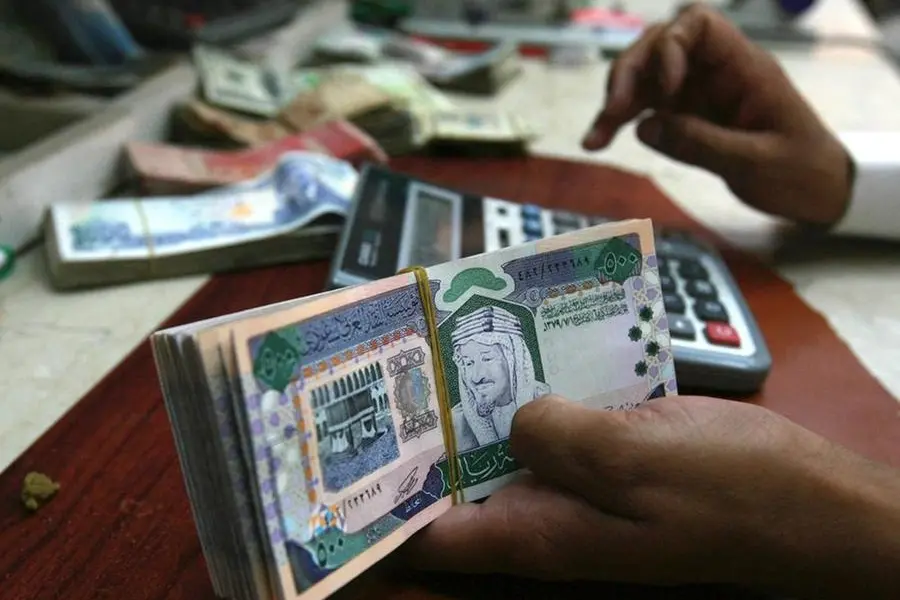PHOTO
Monday, Jan 16, 2017
Dubai: Credit rating agencies Moody’s and Standard & Poor’s expect further weakening of credit strengths of Gulf Cooperation Council (GCC) countries in 2017 with overall negative outlook for sovereign ratings.
“Our outlook for sovereign creditworthiness in 2017 among GCC countries is negative overall, reflecting our expectation for the fundamental credit conditions that will drive sovereign credit over the next 12-18 months,” said Mathias Angonin, analyst at Moody’s.
Although stabilising oil prices and policy responses to date may assist in containing a further erosion in sovereign creditworthiness, ratings agencies expect GCC countries will continue to face headwinds from subdued economic growth, increasing fiscal and structural reform fatigue, and persistent oil price volatility. “We expect that all GCC governments will record fiscal deficits in 2017, which means public debt levels will continue to rise, albeit at a slower pace than in 2016,” Angonin said.
The negative outlook for sovereign creditworthiness in 2017 in the GCC reflects continued headwinds from subdued growth and challenges to further fiscal and structural reforms.
Available data for 2016 show a weakening trend in GCC economic activity, reflecting the impact of low oil prices and the resulting fiscal consolidation and reduced banking sector liquidity.
“We expect average GCC GDP growth to slow to about 2 per cent in 2016, compared with closer to 4 per cent in 2015 and to remain around these relatively weak growth rates in 2017,” said S&P credit analyst Trevor Cullinan.
Overall sovereign creditworthiness in the Middle East and North Africa [Mena] region has continued to deteriorate, according to S&P. “We rate eight of the 13 Mena sovereigns in the ‘BBB’ rating category or above,” Cullinan said. “The average Mena (Middle East and North Africa) sovereign rating is closer to ‘BBB’ than ‘BBB-’, but has been trending downward. When weighted by GDP, the average moves closer to BBB+.”
Weakening economic activity resulting in low gross domestic product (GDP) growth across the GCC is expected to apply further downward pressure on sovereign credit ratings.
“We expect real GDP growth in the GCC in 2017-18 to remain weak by historical standards with an average of 1.6 per cent and ranging from 0.7 per cent for Saudi Arabia to 3.3 per cent for Qatar,” Angonin said.
Moody’s estimates the GCC’s aggregate fiscal deficit will narrow to 7.5 per cent of GDP in 2017 and 4.9 per cent in 2018, from 8.8 per cent of GDP in 2016 and 8.7 per cent 2015, mainly as a result of higher oil prices. Fiscal deficits are expected to remain sizeable in Saudi Arabia, Bahrain and Oman given challenges to further consolidation from comparatively lower per capita incomes. The UAE, Qatar and Kuwait are likely record relatively low fiscal deficits of 3 per cent to 4 per cent of GDP in 2017.
Debt issuance volumes are expected to be lower in 2017 and 2018 compared to 2016, helped by the expected reduction in fiscal deficits. According to Moody’s estimates, the debt-to-GDP ratio across the GCC will rise to 31.6 per cent by 2018 from just 10.5 per cent in 2014, adding another $154 billion in government debt in 2017 and 2018. Qatar and Bahrain will likely continue to rely solely on market funding whereas Saudi Arabia, Oman, the UAE and Kuwait will issue debt and make use of government reserves.
Saudi Arabia and Bahrain are expected to record the largest increase in debt between 2016 and 2018, with the government debt-to-GDP ratio rising by around 14 percentage points. For Oman and Kuwait, Moody’s expects lower debt increases of around 8-9 percentage points of GDP.
The debt burdens of the UAE and Qatar, on the other hand, are expected to stabilise in 2017 — having pre-financed part of their 2017 deficits — and decline in 2018.
Moody’s projects that GCC’s government financial assets to decline to $2.1 trillion by the end of 2017, down from $2.4 trillion in 2014. This will lead to a weakening net asset position for all GCC sovereigns with most pronounced impact in Saudi Arabia and Oman.
By Babu Das Augustine Banking Editor
Gulf News 2017. All rights reserved.





















